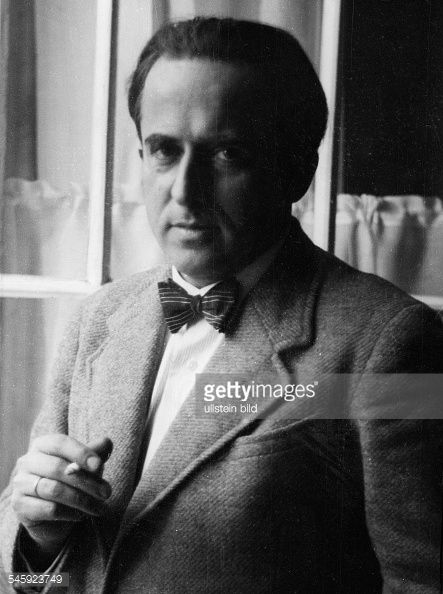
LIFE
The arbitrariness that exists in music history can sometimes be quite confusing. Why did one composer become famous and another did not? We know all too well that it is not always based on an objective value judgement; all too many really good composers (and/or their works) have totally disappeared from our stages.
Why is Alban Berg’s Wozzeck so often performed and recorded and why has almost nobody heard of Manfred Gurlitt’s Wozzeck? Both operas, based on the unfinished play by Büchner, were premiered in quick succession. Berg’s in December 1925 in Berlin and Gurlitt’s in April 1926 in Bremen.
Masterpiece versus craftsmanship, you say? Not quite. There is absolutely nothing wrong with Gurlitt’s music. Both composers use a new musical language and they are – each in his own way – both progressive.
The immense popularity that Berg’s opera enjoyed from the very first day obviously contributed to Gurlitt’s work falling into oblivion. But: is this the only reason, or is it more complicated?
Manfred Gurlitt’s biography raises many questions. He was born in 1890 as the son of the prominent Berlin art dealer Fritz Gurlitt and his wife Annarella; yet he claimed that his real father was Fritz Waldecker, for many years the lover, (and after his father’s death, husband) of his mother.
Whether his father’s suspicious ancestry (according to the Nazis, he had Jewish blood) had anything to do with this claim, we do not know, but it certainly cannot be ruled out. Especially since young Manfred was a great supporter of the Nazi regime and he signed up as a member of the party as early as 1933.
That did not really help him and in 1937 he was expelled from the party and dismissed from all his positions, after which he fled to Tokyo. Under pressure from the Germans he had to resign from teaching at the Conservatory in 1942, but he did not suffer real persecution. What happened between 1933 and 1937 remains a mystery.
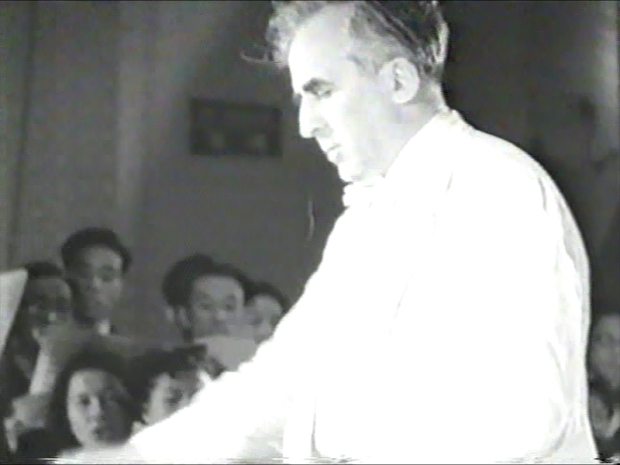
In 1953, he founded his own opera company, “Gurlitt Opera Company”, in Tokyo. Gurlitt never returned to Germany, he died in Tokyo in 1972.
OPERA
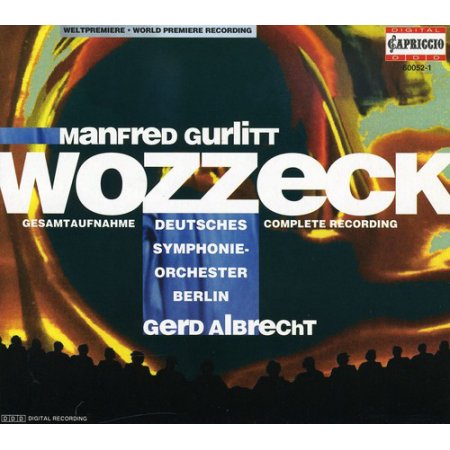
It is not easy to compare Berg’s opera with Gurlitt’s: the proverbial apples and pears are nothing to it.
This already begins with Büchner’s play, the starting point for both operas. For his opera, Gurlitt selected eighteen scenes, two more than Berg. To this he added an orchestral epilogue, ‘Klage um Wozzeck’, with “Wir arme Leut” sung by an off-stage choir at the end.
Gurlitt’s Wozzeck is much less bullied than his alter ego in Berg’s work; he is more of a victim of his own delusions. This becomes very clear in the scene with the imaginary predictions of the future, which Berg skipped.
Unlike Berg, Gurlitt did not compose interludes between the scenes. His opera is more chamber-like and intimate, but also more theatrical and less atonal: in other words, more Weill and less Schönberg. The murder scene, which has a very late romantic feel to it, would not be out of place even in Verismo.
It was only in the 1990s that Gurlitt’s Wozzeck started with a cautious comeback. In 2016, after ninety years of absence, the opera returned to Bremen, the city where it had had its premiere. There were also performances in Bremenhaven and Berlin; and in 2013, Darmstadt dared to programme both Wozzecks in the same evening.
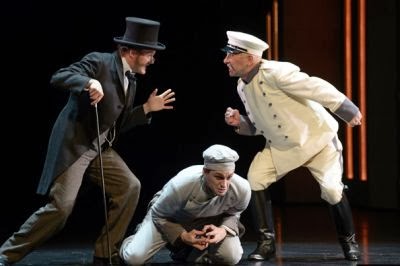
The recording I listened to was made in 1995 by the German company Capriccio. Gerd Albrecht, the conductor, with his heart in the right place for everything that has ever been declared “entartet” and the greatest advocate of music from the interwar period, leads the superbly playing Deutsches Symphonieorchester Berlin.
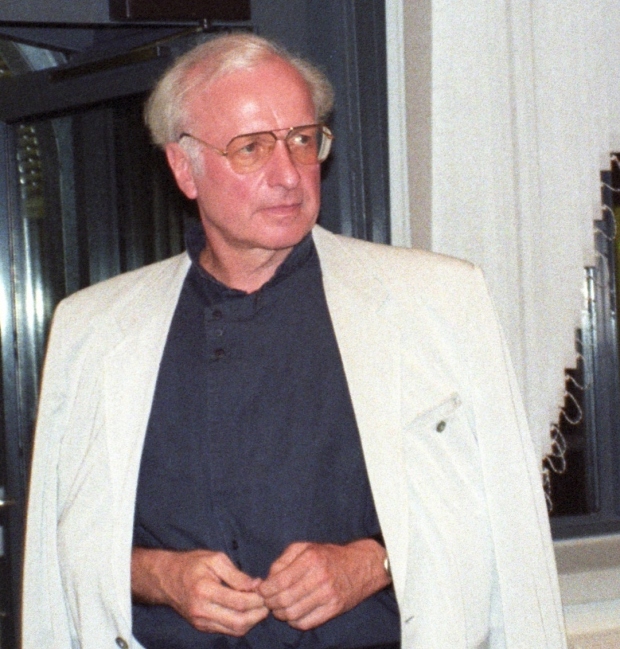
The main roles are impressively played by Roland Hermann (Wozzeck) and Celina Lindsley (Marie).
Unlike in Berg, the Hauptmann is sung here by a solid bass baritone (Anton Scharinger at his best), making the role sound less caricatural. The baritone Jörg Gottschick is a very macho Tambourmajor. (Capriccio 60052-1)
And what did Alban Berg think of the ‘other’ Wozzeck?
In a letter to Erich Kleiber, he wrote: “I am objective enough to be able to say that it’s not bad or unoriginal-but I’m also objective enough to see that the broth in the kettle of this opera, that is, in the orchestra, is too watered down, even for ‘poor folks’ [arme Leut]…” (Christoph Hailey: Alban Berg and His World)
Just like there are two Salomes, having appeared around the same time, the Richard Strauss of course, and the one by Mariotte. Well, the one by Mariotte is nice and elegant, and the one by Strauss is hellish; which befits the topics better.
LikeGeliked door 1 persoon
I enjoyed the Bremerhaven production (review in web link), staged at the same time as Berg’s in nearby Bremen.
LikeGeliked door 1 persoon